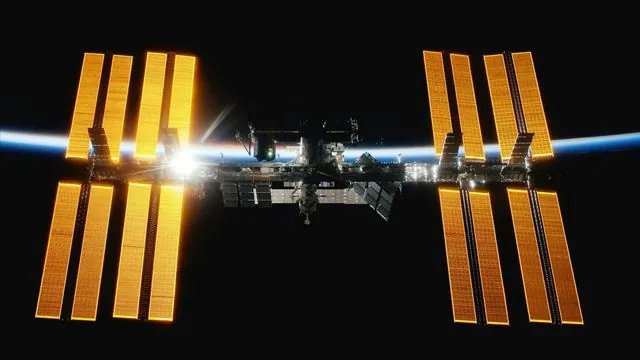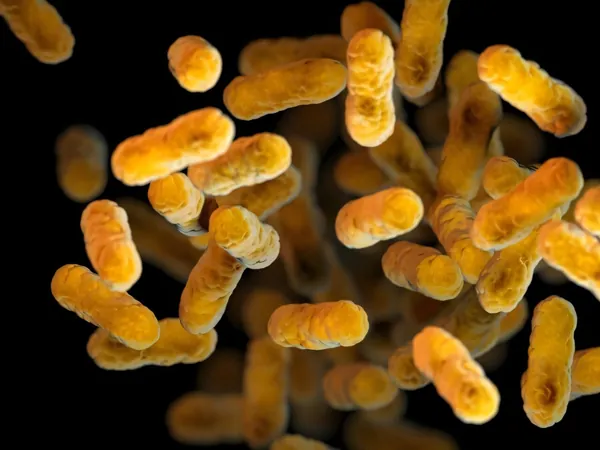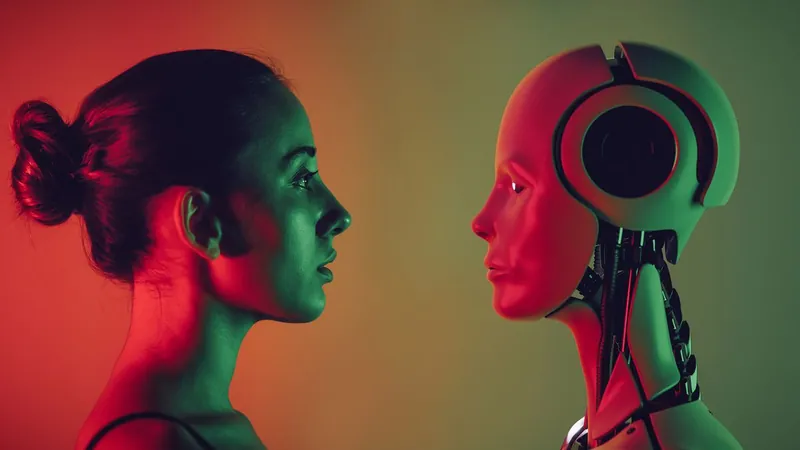
Revolutionary Research on Heart Cells in Space: A Game-Changer for Cardiac Therapies!
2025-03-31
Author: Emma
Introduction
Heart disease continues to dominate as the leading killer in the United States, claiming one life in every five. The challenge lies not just in treatment but in the heart's inability to heal itself—once damaged, the heart muscle struggles to regenerate. Patients facing end-stage heart failure often find themselves on an exhausting waitlist for transplants, but groundbreaking research is igniting hope. A team from Emory University is pioneering a new frontier in cardiac therapy by conducting experiments aboard the International Space Station (ISS).
Innovative Research Team
Led by researcher Chunhui Xu, the team has harnessed the unique environment of the ISS National Laboratory to explore innovative cell-based regenerative therapies that could potentially mend heart damage. Their findings have already landed multiple peer-reviewed publications, including a recent article in the prestigious journal *Biomaterials*, showcasing the promising potential of their work.
The Inspiration Behind the Research
The inspiration for this extraordinary venture came unexpectedly during a seminar focusing on the effects of microgravity on biological cells. Researchers had previously discovered that microgravity could enhance the proliferation of cancer cells, leading Xu to postulate a similar phenomenon might occur with heart cells. This hypothesis could potentially clear two significant hurdles currently stifling the progress of heart disease therapies.
Pivotal Investigations
After confirming her theory through ground-based simulations of microgravity, Xu's team embarked on two pivotal investigations during actual spaceflights. The first study scrutinized the differentiation of stem cells into functional heart muscle cells, while the second focused on the maturation of these cells into complex tissue-like structures. The valuable insights garnered from these experiments aboard the ISS could revolutionize the production of cardiac cells, a critical step toward advancing regenerative treatments for heart disease.
Potential Benefits for Patients
Xu explains, “The space environment provides an amazing opportunity for us to study cells in new ways. Our research on the ISS could allow us to develop a new strategy to generate cardiac cells more efficiently with improved survival when transplanted into damaged heart tissue, which would greatly benefit patients on Earth.”
Conclusion
As this pioneering research unfolds, it sparks curiosity about the potential applications in modern medicine. Could these therapies offer a lifeline for millions suffering from heart disease? The future of heart health may very well depend on what we learn from studying cardiac cells in the cosmos.









 Brasil (PT)
Brasil (PT)
 Canada (EN)
Canada (EN)
 Chile (ES)
Chile (ES)
 Česko (CS)
Česko (CS)
 대한민국 (KO)
대한민국 (KO)
 España (ES)
España (ES)
 France (FR)
France (FR)
 Hong Kong (EN)
Hong Kong (EN)
 Italia (IT)
Italia (IT)
 日本 (JA)
日本 (JA)
 Magyarország (HU)
Magyarország (HU)
 Norge (NO)
Norge (NO)
 Polska (PL)
Polska (PL)
 Schweiz (DE)
Schweiz (DE)
 Singapore (EN)
Singapore (EN)
 Sverige (SV)
Sverige (SV)
 Suomi (FI)
Suomi (FI)
 Türkiye (TR)
Türkiye (TR)
 الإمارات العربية المتحدة (AR)
الإمارات العربية المتحدة (AR)